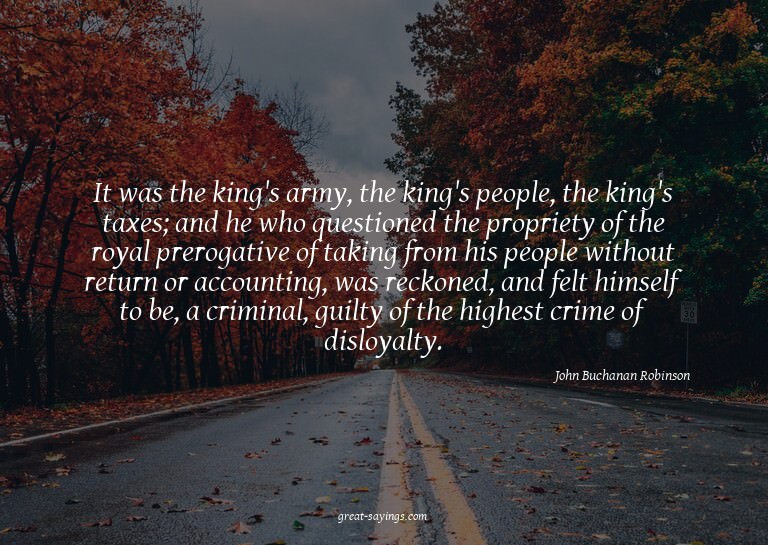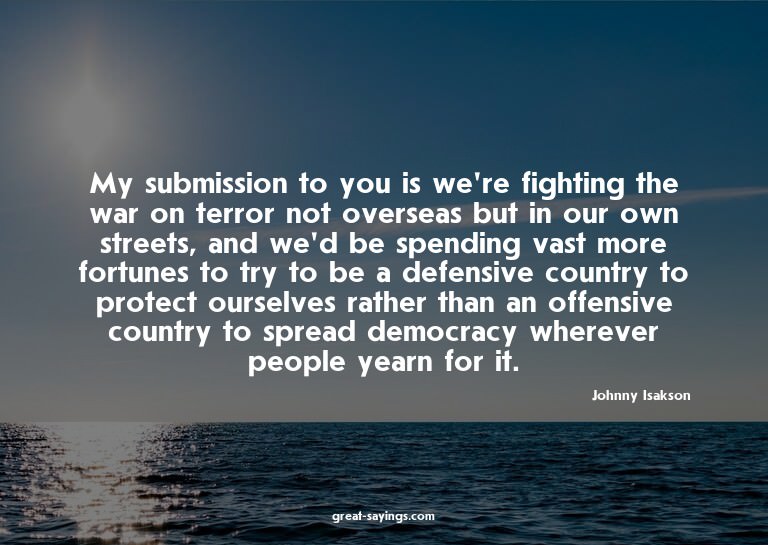It is harder to preserve than to obtain liberty.
I am a planter – a cotton planter. I am a Southern man and a slaveholder – a kind and a merciful one, I trust – and none the worse for being a slaveholder.
None but a people advanced to a high state of moral and intellectual excellence are capable in a civilized condition of forming and maintaining free governments, and among those who are so far advanced, very few indeed have had the good fortune to form constitutions capable of endurance.
When the period arrives – come when it may – that this government will be compelled to resort to internal taxes for its support in time of peace, it will mark one of the most difficult and dangerous stages through which it is destined to pass.
What people can excel our Northern and New England brethren in skill, invention, activity, energy, perseverance, and enterprise?
I am, on principle, opposed to war and in favor of peace because I regard peace as a positive good and war as a positive evil.
What is it but a cunningly devised scheme to take from one State and to give to another – to replenish the treasury of some of the States from the pockets of the people of the others; in reality, to make them support the governments and pay the debts of other States as well as their own?
Of the two, I considered it more important to avoid a war with England about Oregon than a war with Mexico, important as I thought it was to avoid that.
In my opinion, any navy less than that which would give us the habitual command of our own coast and seas would be little short of useless.
There is often, in the affairs of government, more efficiency and wisdom in non-action than in action.
The Union next to our liberties the most dear. May we all remember that it can only be preserved by respecting the rights of the States, and distributing equally the benefits and burdens of the Union.
Pages: 1 2












